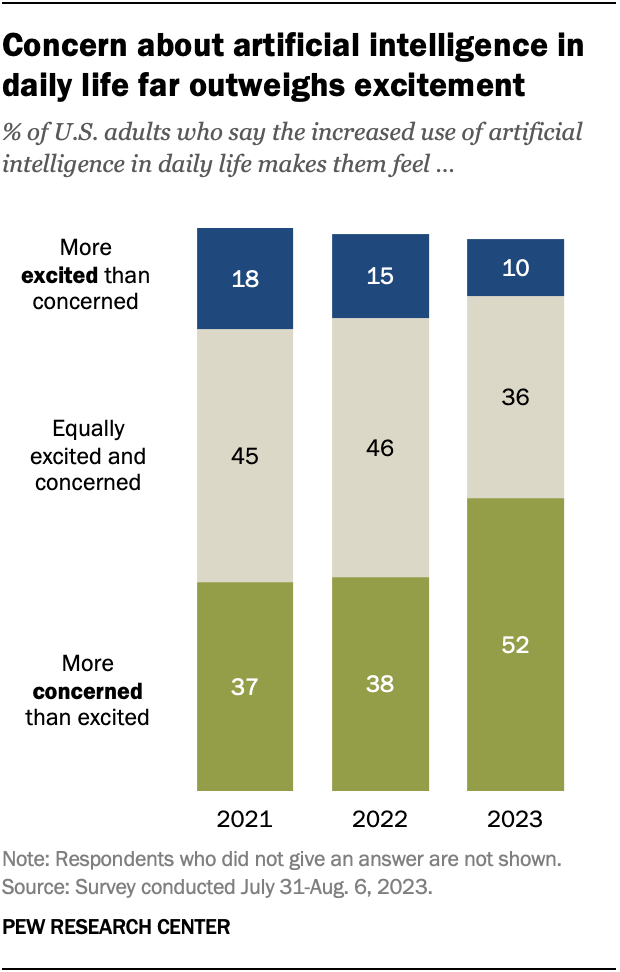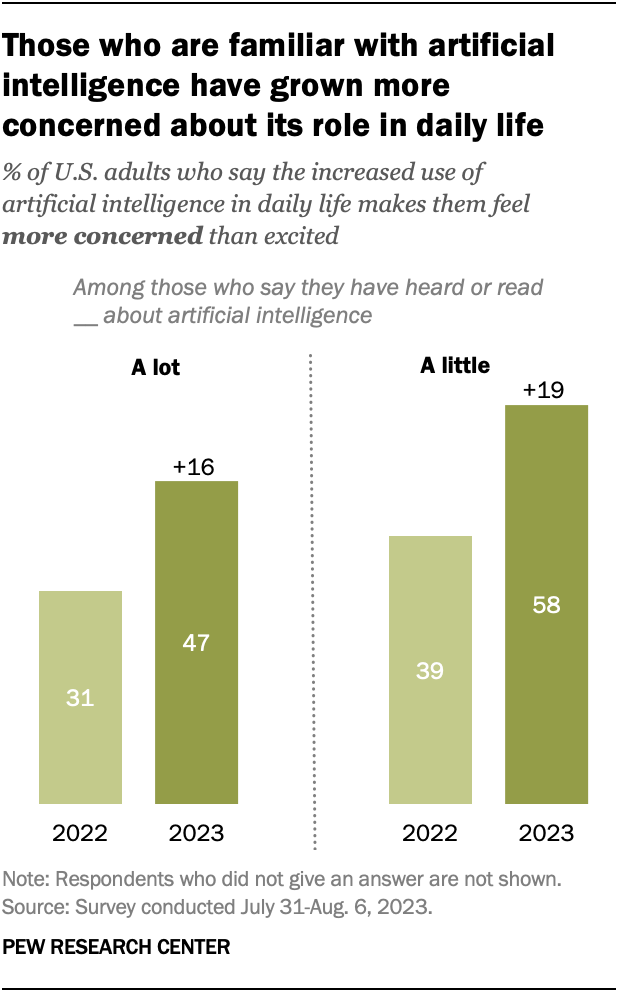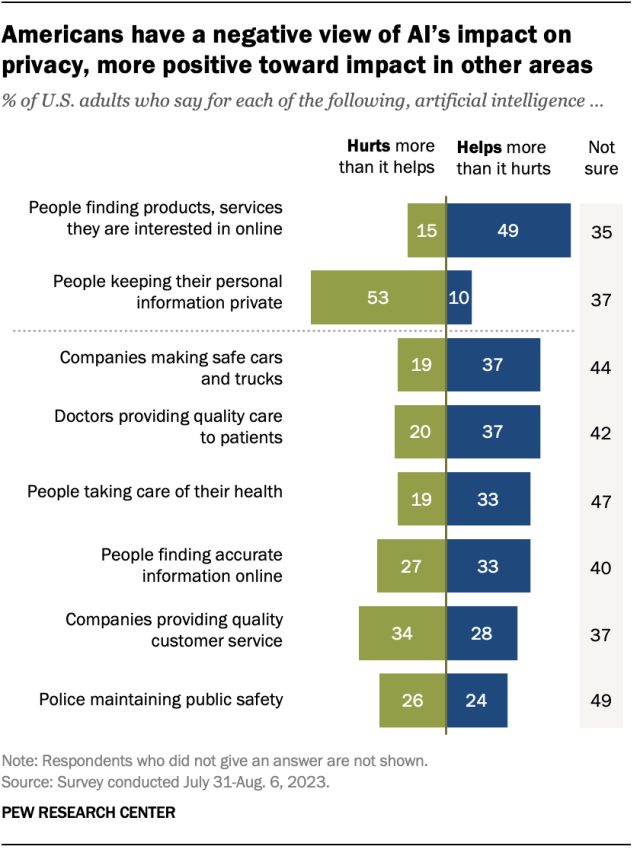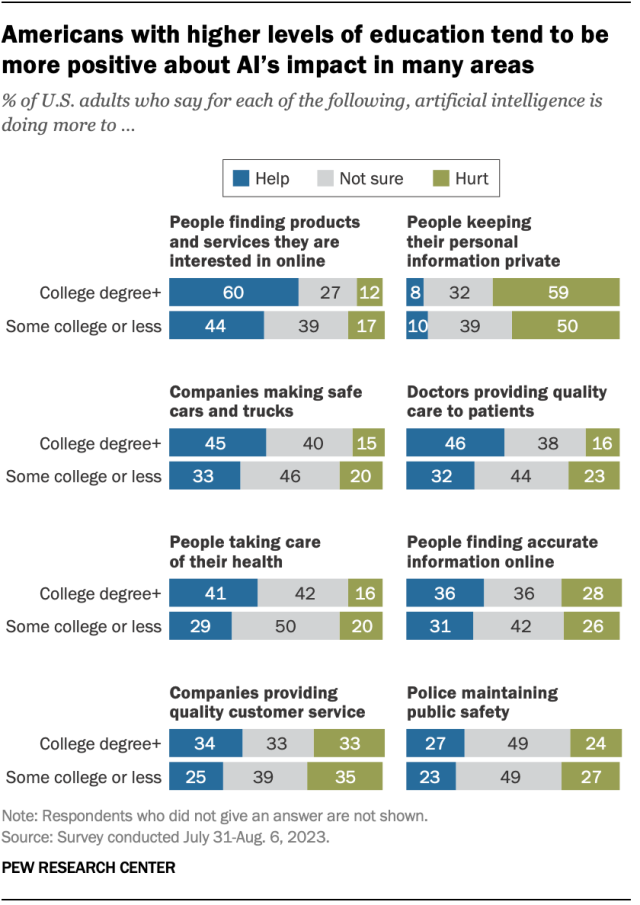According to recent data from Challenger, Gray & Christmas, there has been a decline in layoffs since April, with the lowest point in 11 months reached in July. This indicates a potential upward trend in hiring after Labor Day, also known as the "September surge." LinkedIn's principal economist, Guy Berger, suggests that there are signs of greater job market stability, which further supports the possibility of increased hiring in September. The demand for seasonal employees and hiring spikes in professional services sectors, as observed in LinkedIn and Gusto data, contribute to this trend.
Hiring tends to be cyclical, with certain times of the year seeing more hiring activity based on calendar years, fiscal years for companies, and seasonal needs. The September surge aligns with the return to work after summer and is often a time when companies seek to add new team members. This cyclical nature of hiring is highlighted by Janet Mertens from the Josh Bersin Company.
To prepare for the potential surge in hiring, experts recommend taking the following steps:
1. Update your resume and LinkedIn profile to reflect your latest skills and accomplishments. Adding context and relevant keywords to your skills can help recruiters find you.
2. Use downtime to build your skills through training or online courses. Highlight your pursuit of new knowledge and abilities in interviews and on your resume.
3. Stay in touch with your network, as networking is always important. Don't hesitate to ask for help if needed.
4. Set up job alerts and automation functions to stay informed about relevant opportunities. Applying within the first 10 minutes of receiving a job notification can significantly increase your chances of hearing back.
It is important to remain persistent and optimistic during the September surge and beyond. Companies are actively seeking talent with the right skills for their needs. This is an exciting time for job seekers, candidates, and employees in terms of the work being done and the skills they bring to the table.
A growing share of Americans express concern about the role artificial intelligence (AI) is playing in daily life, according to a new Pew Research Center survey.

Overall, 52% of Americans say they feel more concerned than excited about the increased use of artificial intelligence. Just 10% say they are more excited than concerned, while 36% say they feel an equal mix of these emotions.
The share of Americans who are mostly concerned about AI in daily life is up 14 percentage points since December 2022, when 38% expressed this view.
Concern about AI outweighs excitement across all major demographic groups. Still, there are some notable differences, particularly by age. About six in ten adults ages 65 and older (61%) are mostly concerned about the growing use of AI in daily life, while 4% are mostly excited. That gap is much smaller among those ages 18 to 29: 42% are more concerned and 17% are more excited.
Rising awareness, and concern, about AI

The rise in concern about AI has taken place alongside growing public awareness. Nine in ten adults have heard either a lot (33%) or a little (56%) about artificial intelligence. The share who have heard a lot about AI is up 7 points since December 2022.
Those who have heard a lot about AI are 16 points more likely now than they were in December 2022 to express greater concern than excitement about it. Among this most aware group, concern now outweighs excitement by 47% to 15%. In December, this margin was 31% to 23%.
Similarly, people who have heard a little about AI are 19 points more likely to express concern today than they were in December. A majority now express greater concern than excitement (58%) about AI’s growing role in daily life, while just 8% report the opposite feeling.
Our previous analyses have found that Americans’ concerns about AI include a desire to maintain human control over these technologies, doubts that AI will improve the way things are now, and caution over the pace of AI adoption in fields like health and medicine.
Opinions of whether AI helps or hurts in specific settings

Despite growing public concern over the use of artificial intelligence in daily life, opinions about its impact in specific areas are more mixed. There are several uses of AI where the public sees a more positive than negative impact.
For instance, 49% say AI helps more than hurts when people want to find products and services they are interested in online. Just 15% say it mostly hurts when used for this purpose, and 35% aren’t sure.
Other uses of AI where opinions tilt more positive than negative include helping companies make safe cars and trucks and helping people take care of their health.
In contrast, public views of AI’s impact on privacy are much more negative. Overall, 53% of Americans say AI is doing more to hurt than help people keep their personal information private. Only 10% say AI helps more than it hurts, and 37% aren’t sure. Our past research has found majorities of Americans express concern about online privacy generally and a lack of control over their own personal information.
Public views on AI’s impact are still developing, though. Across the eight use cases in the survey, 35% to 49% of Americans say they’re not sure what impact AI is having.
Demographic differences in views of AI’s impact

There are significant demographic differences in the perceived impact of AI in specific use cases.
Americans with higher levels of education are more likely than others to say AI is having a positive impact across most uses included in the survey. For example, 46% of college graduates say AI is doing more to help than hurt doctors in providing quality care to patients. Among adults with less education, 32% take this view.
A similar pattern exists with household income, where Americans with higher incomes tend to view AI as more helpful for completing certain tasks.
A big exception to this pattern is views of AI’s impact on privacy. About six in ten college graduates (59%) say that AI hurts more than it helps at keeping people’s personal information private. Half of adults with lower levels of education also hold this view.
Men also tend to view AI’s impact in specific areas more positively than women. These differences in education, income, and gender are generally consistent with our previous work on artificial intelligence.
Artificial intelligence leader OpenAI said on Monday it is releasing a version of ChatGPT targeted to large businesses, increasing the overlap in what OpenAI and its financial backer Microsoft (MSFT.O) offer to customers.
ChatGPT Enterprise offers more security, privacy, and higher-speed access to OpenAI’s technology, the company said. Early customers include Block (SQ.N), Carlyle, and Estee Lauder Companies (EL.N).
When OpenAI released the consumer-focused ChatGPT in November, it set off frenzied use of generative AI in daily tasks from writing to coding and reached 100 million monthly active users in January.
Many people in the U.S. have used ChatGPT to help with work-related tasks, even though their employers discourage it, a Reuters/Ipsos poll found.
With the launch of ChatGPT Enterprise, OpenAI hopes employers will feel comfortable embracing ChatGPT usage at work.
Microsoft already offers businesses access to ChatGPT via its Azure OpenAI Service, though in order to use it businesses must be a customer of Azure, Microsoft’s cloud computing platform.
ChatGPT Enterprise subscribers need not subscribe to Azure, OpenAI said. OpenAI and Microsoft have introduced overlapping services before, and it is unclear how much the two companies are competing over customers.
Asked whether ChatGPT Enterprise competes with Microsoft over customers, an OpenAI spokesperson said that "customers can choose which platform is right for their business."

